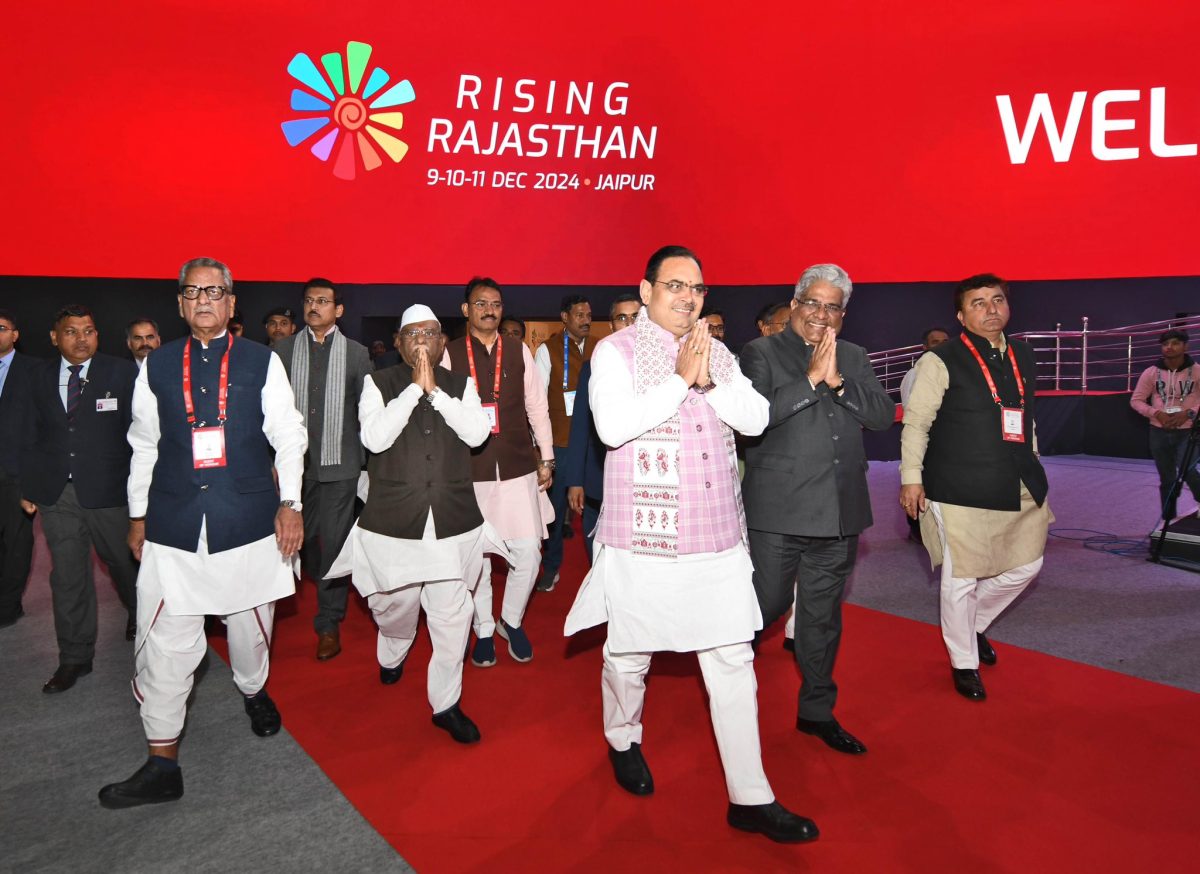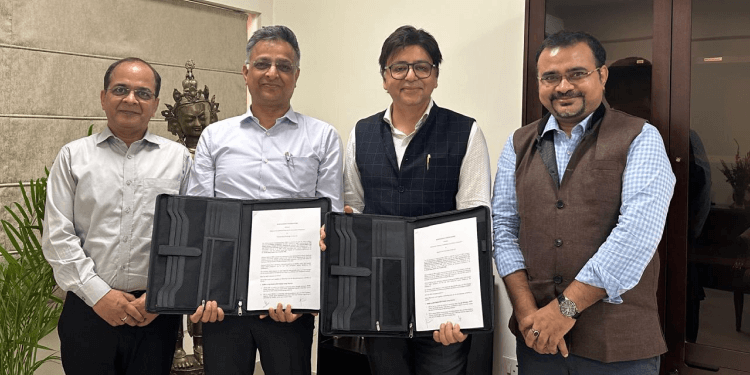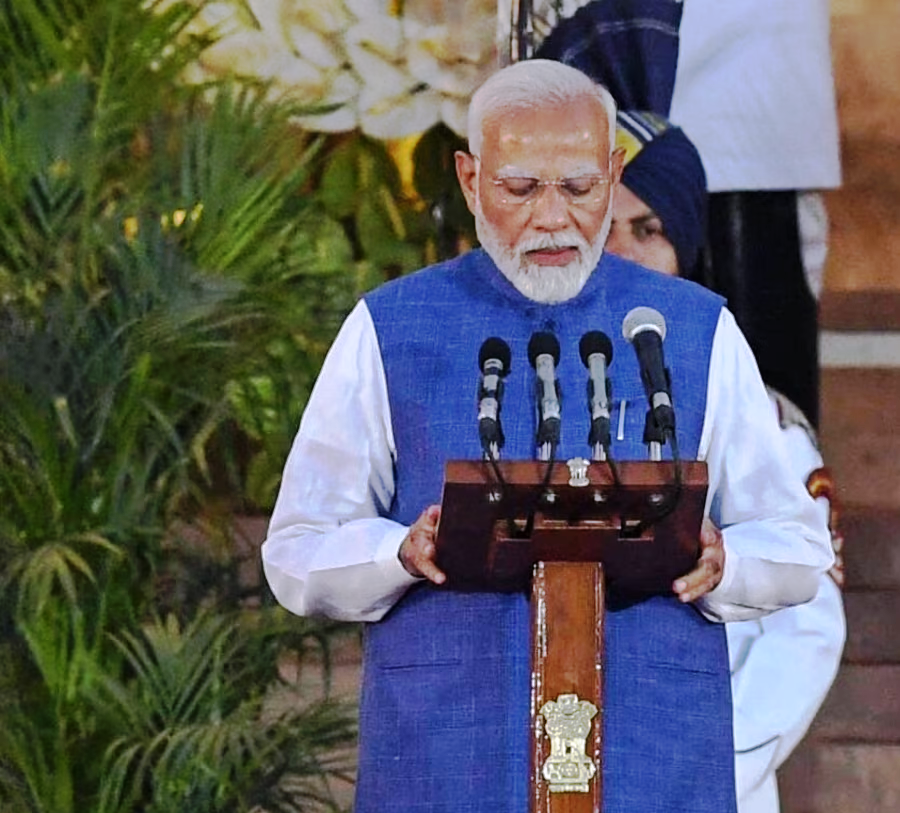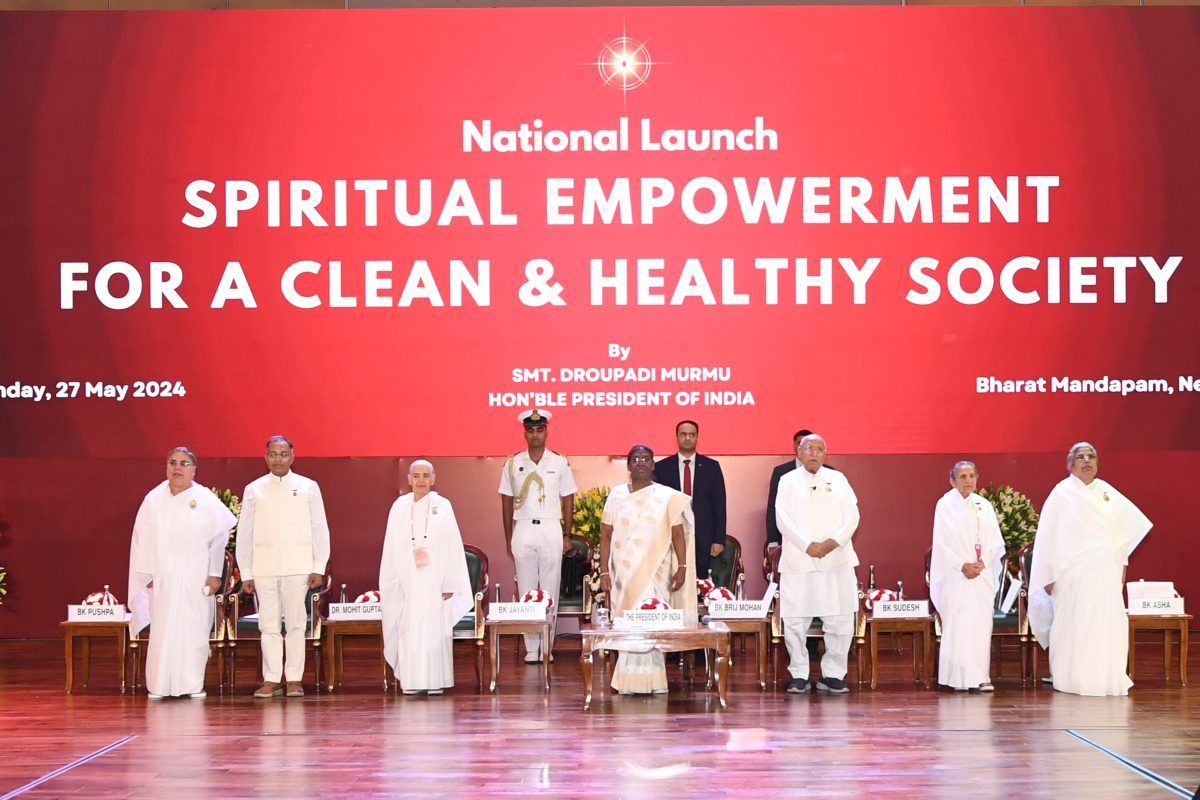The Pesticides Management Bill 2020 Will Hurt Indian Farmers And Agriculture

The Pesticides Management Bill 2020 (PMB) was introduced in the Rajya Sabha on 23 March 2020 to replace The Insecticides Act 1968, which currently governs the registration, manufacturing, export, sale and use of pesticides in India. While PMB is noble in intent, its many lacunae could end up hurting the interests of farmers and Indian agriculture. The Bill is slated to come up for discussions and subsequent consideration in the impending Monsoon Session of Parliament beginning 14 September 2020.
In its present form, PMB has gaps that can directly impact the Centre’s goal of doubling farmers’ income by 2022. Significantly, the committee on doubling farmers’ income has stated: “In India, the farmer’s crop yield losses range from 15 to 25% owing to the presence of weeds, pests, diseases and rodents. Even though pesticides could be inevitable for protecting crop yields, per hectare pesticide use is much lower in India in comparison with other countries. India uses a low average of 0.5 kg per ha of pesticide compared to 7.0 kg per ha in the USA, 2.5 kg in Europe, 12 kg in Japan and 6.6 kg in Korea.”
By marginalizing the efficiencies of the domestic crop protection industry that has provided affordable and efficacious products to farmers – most of whom have small landholdings – PMB 2020 may further jeopardize farmers’ livelihoods and create concerns around food security.
In the best interests of the farmers’ community, as well as society and industry at large, the Bill needs wider consultations within Parliament. Ideally, it should be placed before a select committee of Parliamentarians for critical review and necessary changes addressing the needs of farmers, Indian agriculture and the pesticides industry. This is imperative if India seeks to be Atmanirbhar (self-reliant) as a credible manufacturer and supplier of pesticides to the world while promoting food security objectives and generating employment opportunities for its people.
Elaborating the importance of pesticides in protecting crops, Dr Ajit Kumar, Chairman (Technical Committee) – Crop Care Federation of India, said: “The well-being of India’s farmers and its food security goal is inextricably linked with the timely use of crop protection products. Time and again, pesticides have helped farmers safeguard their crops against a plethora of pest attacks. Some pest attacks occur on a mass scale – such as the recent locust swarm invasion across various parts of the country. Had farmers not used pesticides in time, their crops could have been devastated, jeopardising their income. PMB 2020 needs to consider these issues and review certain provisions that will impact the availability and accessibility of pesticides. For example, the Registration Committee (RC) has powers to subjectively review the registration of a pesticide and then suspend, cancel or even ban its usage without any scientific evaluation. Such scenarios can disrupt Indian farmers’ functioning and productivity. Accordingly, an independent regulator is imperative to oversee the RC’s decisions in safeguarding the interests of farmers, the crop protection industry and India’s food security goals.”
Dr Krishan Bir Singh Chaudhary, President, Bharat Krishak Samaj said, “Prime Minister Narendra Modi has repeatedly emphasized the need for doubling farmer’s income, and called for the reduction in the money spent by the farmers, but the PMB 2020 does not reflect these efforts. Indian farmers work hard, putting in their blood, sweat, and tears to ensure that the citizens of India are well-fed, yet their demands for fairer agricultural practices aren’t met. The demands presented by the Dr. Ashok Dalwai Committee, constituted in 2018, to promote domestic and indigenous industries and agricultural exports from India are missing from the PMB 2020. In fact the Committee had recommended for reduction in import and reduce dependence on imported formulations, but the present PMB will increase the import of formulations and will damage the Export of Agro Chemicals. It’s our sincere request to the government to expedite the registration process and allow Indian manufacturers to develop and export pesticides to generate employment opportunities in India and earn foreign exchange, especially at a time when Indian pesticides have a large global demand. Only then we can march towards the dream of being Atmanirbhar. The Prescription clause should be also removed and the bill should be sent to Select Committee.”
Adding further, he said,” In terms of pricing difference, Emamectin Benzoate used in cotton farming was initially imported and sold Rs 10,000 per kg by an MNC. Subsequently three years later same product was manufactured by domestic companies, and sold at Rs 3500/kg. So if the imported formulations are to be encouraged then how will a farmer survive.”





